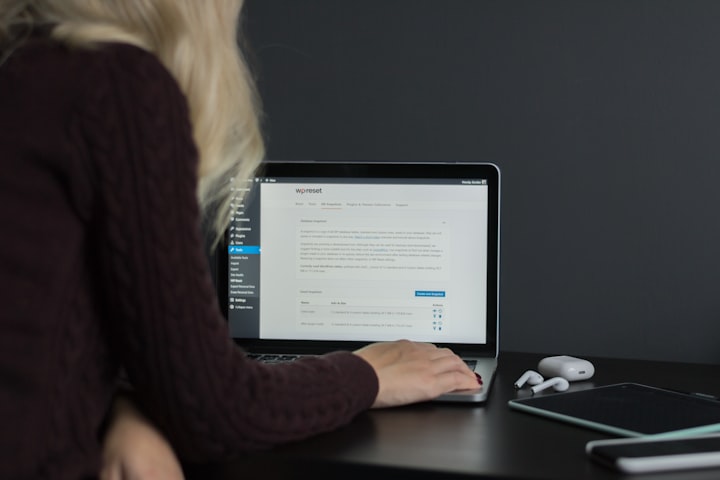Optimizing WordPress Performance: Speed Up Your Site Today
WordPress Performance

Introduction
In today's fast-paced digital world, website visitors have little patience for slow-loading pages. A sluggish website not only frustrates users but can also harm your search engine rankings and overall online presence. As a WordPress website owner, optimizing your site's performance is crucial to provide a seamless user experience and retain visitors. In this blog post, we'll explore effective strategies to speed up your WordPress site, boost its performance, and ensure your content reaches your audience quickly.
1. Understanding the Importance of Website Speed
Website speed is a critical factor that directly impacts user satisfaction, engagement, and conversion rates. We'll discuss the significance of loading times in user experience, how it influences search engine rankings, and why optimizing your WordPress site's performance should be a top priority.
2. Assessing Your Current Website Performance
Before making improvements, it's essential to assess your site's current performance. We'll explore various tools and methods to conduct a website speed test, analyze performance metrics, and identify areas that need improvement.
3. Choosing a High-Performance Web Hosting Provider
Your choice of web hosting can significantly influence your site's speed and overall performance. We'll discuss the different types of web hosting, including shared, VPS, dedicated, and managed WordPress hosting, and explain which option best suits your website's needs.
4. The Power of Caching
Caching is a powerful technique that reduces server load and speeds up page load times. We'll delve into the concept of caching, explore the different types of caching available for WordPress, and discuss popular caching plugins that can supercharge your site's performance.
5. Optimizing Images for Faster Loading
Large and unoptimized images are a common cause of slow-loading pages. We'll provide tips for optimizing images, including choosing the right file format, resizing images, and using compression techniques to strike a balance between image quality and file size.
6. Minimizing HTTP Requests
Reducing the number of HTTP requests your site makes can significantly improve loading times. We'll explore strategies to minimize HTTP requests, such as combining CSS and JavaScript files, using CSS sprites, and leveraging browser caching.
7. Leveraging Content Delivery Networks (CDNs)
Content Delivery Networks (CDNs) distribute your website's assets across multiple servers worldwide, reducing latency and improving loading times for users across the globe. We'll discuss how to integrate a CDN with your WordPress site and the benefits it offers for performance optimization.
8. Cleaning Up Your WordPress Database
An overloaded and unoptimized database can slow down your site. We'll guide you through the process of cleaning up your WordPress database, removing unnecessary data, and optimizing database tables to improve site speed.
9. Choosing Lightweight and Efficient Themes and Plugins
The themes and plugins you use on your WordPress site can impact its performance. We'll provide tips for selecting lightweight and efficient themes and plugins that don't weigh down your website and ensure compatibility with the latest WordPress version.
10. Regularly Monitoring and Maintaining Performance
Optimizing your site's performance is an ongoing process. We'll emphasize the importance of regularly monitoring performance metrics, conducting speed tests, and addressing any emerging issues promptly. Additionally, we'll discuss how to schedule regular maintenance tasks to keep your site running smoothly.
Conclusion
Optimizing your WordPress site's performance is an essential aspect of providing a seamless user experience and ensuring your content reaches your audience quickly. By understanding the importance of website speed, assessing your site's current performance, and implementing effective strategies such as caching, image optimization, and leveraging CDNs, you can significantly improve your site's loading times.
Choosing a high-performance web hosting provider, minimizing HTTP requests, and cleaning up your WordPress database are crucial steps in the performance optimization process. Moreover, selecting lightweight themes and plugins and regularly monitoring and maintaining your site's performance will help sustain a high-performing website in the long run.
Remember, a fast-loading website not only delights users but also boosts your search engine rankings and encourages visitors to stay longer, explore more, and engage with your content. By prioritizing performance optimization, you can set your WordPress site on the path to success and create an exceptional online experience that leaves a lasting impression on your audience. Speed up your site today, and watch your website thrive in the competitive digital landscape.





Comments
There are no comments for this story
Be the first to respond and start the conversation.